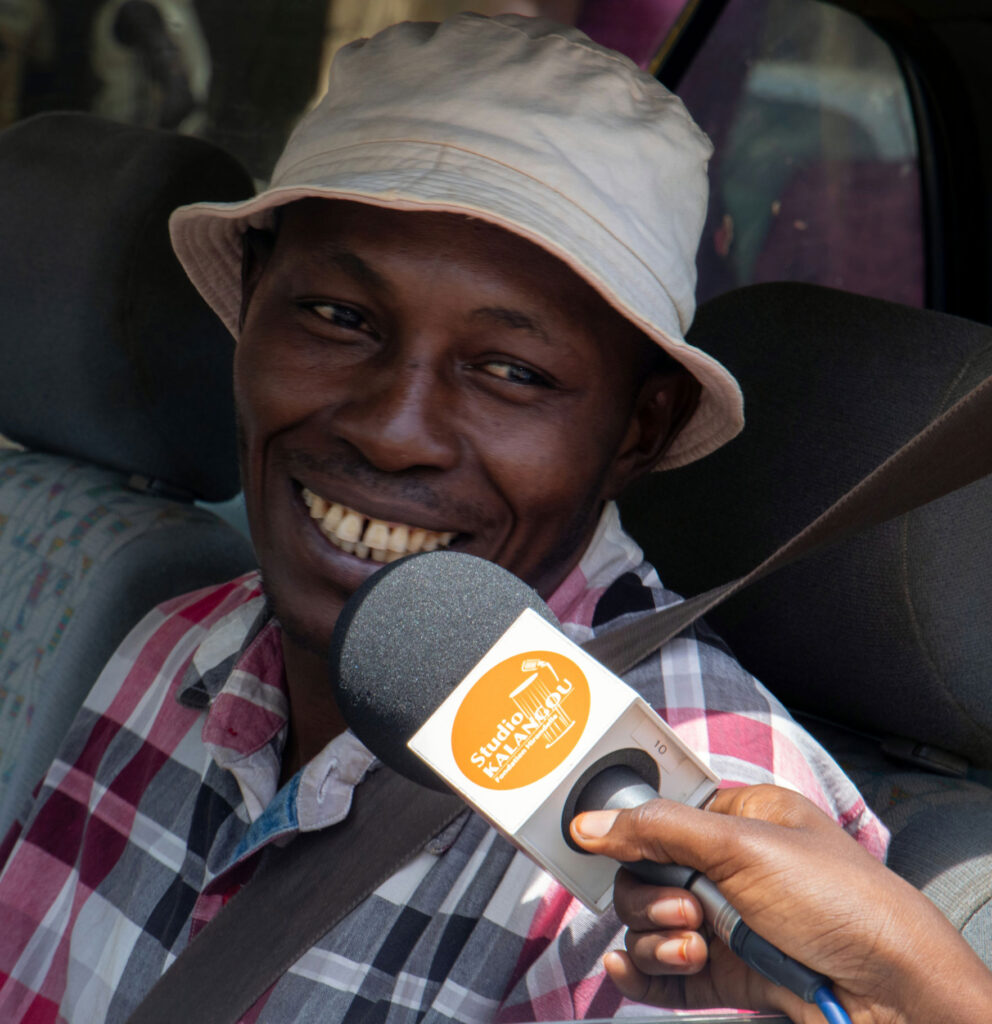For 30 years, Fondation Hirondelle media have been producing factchecked news in a close relationship with their audiences. This closeness builds trust, as well as the ability to effectively counter disinformation.
Disinformation flourishes when public confidence in official and professional news sources wanes. This crisis of trust in the media, similar to that facing scientists and public institutions, feeds the attraction of a growing segment of the population to “alternative” news sources such as influencers, social media groups, and personal or virtual friends. At the same time, the rise of social media platforms that present “news” in no particular order of importance and with no guarantee of its truthfulness damages trust in older and more traditional sources such as the media.
Of course, the direct or informal sources we check in our news feeds sometimes make it possible for stories and events that have slipped through the news media net to emerge and circulate. However, it is also on these “social” networks that conspiracy theories, extremism, populism, divisive comments, and sometimes hate speech thrive. Challenges to factual truths and universal principles can go uncontested on these platforms.
The journalistic work of fact-checking and contrasting opposing points of view is losing ground against the spread of “alternative” content. In this climate, a close relationship is one of the keys to reestablishing trust between traditional media and the public. Surveys show that regional, local and community media are those which retain the highest levels of public trust worldwide. Their local foothold is demonstrated through the representative nature of their teams, whose members come from the same areas as the people they serve. They address subjects of local interest, responding to the concrete daily needs of their audiences. Physically located within the communities they are meant to serve, they speak the same language and understand people’s expectations.
Local media are also the best qualified to debunk disinformation, whether from domestic or external sources, and to defuse it by a factual, reliable and understandable explanation of the truth.
Proximity and trust have been the cornerstones of Fondation Hirondelle for 30 years. All the media we have created, all the programmes we implement and all the partnerships we develop work as closely as possible with the people they aim to serve. For 25 years in the Central African Republic, Radio Ndeke Luka has provided a daily example of locally based media and of the national impact such media can have when it creates a unique and vibrant bond with its audience. The production of local news is also at the heart of our Sahel programmes, including in Niger, where Studio Kalangou is reinventing itself to maintain its link with the population; in the Democratic Republic of the Congo (where we have been active for over 20 years); and in Tunisia, where we offer support and editorial guidance to regional media networks dealing with local governance issues. Throughout these projects, as in all of our other programmes, the production and broadcast of news based in local realities helps people to distinguish fact from fiction, and therefore to stand up to disinformation.


